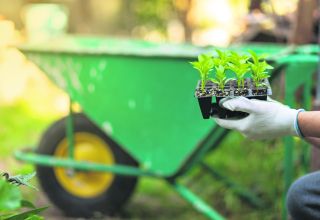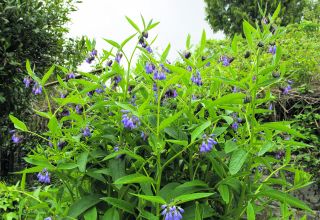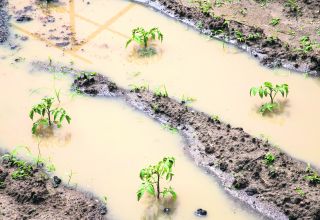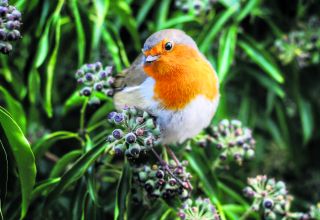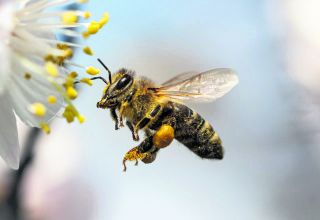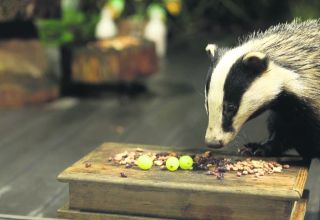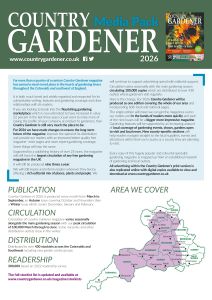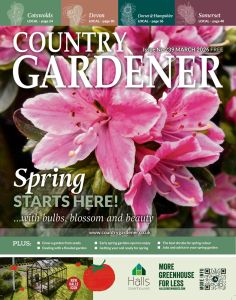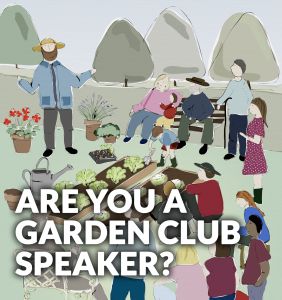Over the next few weeks our gardens will again see the annual drama of young birds beginning their lives and struggling with the demands to be fed and surviving.
As we head deeper into spring there is a significant change in the sounds from birds in the garden.
The melodious bird song starts to give way to squarks and shrieks as it’s time for babies in the garden and their demands to be fed with little regard for the sounds they make.
A fledgling looks fluffy and unkempt, and its wing and tail feathers appear to be too short for it. Far from being immaculate, as a new model should be, it will have an unfinished, imperfect look.
Most of the energy derived from a nestling’s food is diverted into growing as rapidly as possible, not into producing magnificent plumage.
The risks for baby birds leaving the nest
Though nests should never be considered as safe homes – being immovable and at the centre of the parents’ attention, they are dangerous places to be – the first day of leaving can be as perilous as any day a young bird will ever face.
For example, starvation is a real possibility; young birds leaving the nest have precious few fat reserves and must find enough food on their first day to fuel their first night. And they must also, of course, avoid predators.
There is no question that young birds are highly appealing to many carnivorous creatures. Sparrowhawks, for example, rely on a ready supply of inexperienced fledglings to nourish their own chicks.
How long do birds look after their chicks for?
In truth, the actual commitment of parents to their newly promoted fledglings is quite variable. Most garden birds, including wrens, dunnocks and blackbirds, feed their young for about two and a half weeks before insisting they fend for themselves.
Young starlings join flocks of their peers after only a few days, and young tits, moving up to a canopy that may be literally dripping with caterpillars, may similarly become independent after a week or so.
Parental care has a certain expediency. And that final decision to abandon a chick to its uncertain future is not necessarily made with the newly-fledged’s best interest in mind, either.
Though most parents invest a great deal of effort into their chicks’ welfare, that commitment is inevitably finite, and after a while attention will unconsciously turn to the adults’ next breeding attempt.
For many, this abandonment of first broods is a prerequisite to the rest of the summer. A second brood beckons and the first is history. In some garden birds, it’s all about those results.
A youngster’s weight might need to increase by as much as ten times from the point that it departs the egg to the point that it departs the nest.
That can leave fashionable fixtures such as plumage a little threadbare, though some of the loss is made up in the first few days after leaving. It’s the reason why young birds look so scruffy and forlorn.
Providing seed for seed for adult bird is still useful because it makes their search for food easier leaving them more time for the search for insects.
The best thing you can do to help is to provide an environment to attract insects and that means borders with zero insecticides or weed killer and lawns treated only with a mower.
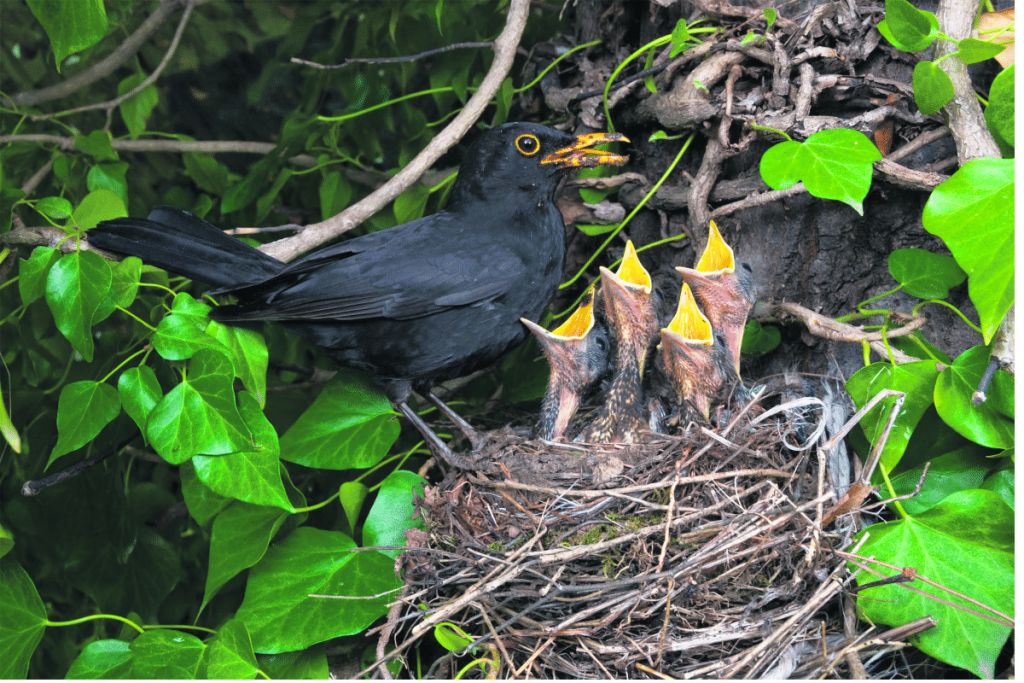

Q&A on fledglings in your garden
What should I do if I find a baby bird in my garden?
Do nothing and leave it alone. If it is a fledgling it will be waiting to receive food from its parent and your presence may even prevent the parent from coming to its help. Trying to return any chick to its nest is a recipe for disaster because you will disturb other youngsters and potentially get them to abandon the nest which they will see as threatened. If you find a poorly feathered chick then it has little chance of survival and might even have been rejected by its parents. You have to leave nature to do its thing.
I think a nest has been abandoned by its parents, is there anything I can do?
It’s the same answer – do nothing. You might get it wrong, and the nest hasn’t been abandoned and by interfering you could be keeping the parents away and putting the fledgelings in more danger.
What do baby birds do when they leave the nest?
Most of the young birds in any garden will be feeding on insects. During the summer there is usually plenty of food available, so you won’t need to help them out.
I have two cats and worry at this time of the year what they might do to young birds?
The best thing you can do is keep cats in at night. Most young birds leave the nest for the first time at dawn and are particularly vulnerable then.
How can I create a better habitat in my garden for breeding birds?
Hedges for shelter, a lawn for grubs and plenty of flowers for insects – that’s the best option. A thorny hedge such as blackthorn will help protect birds from cats and evergreen hedges and are good for early season nesting . You could put up boxes, only one or two in any garden and don’t put them too close together.

